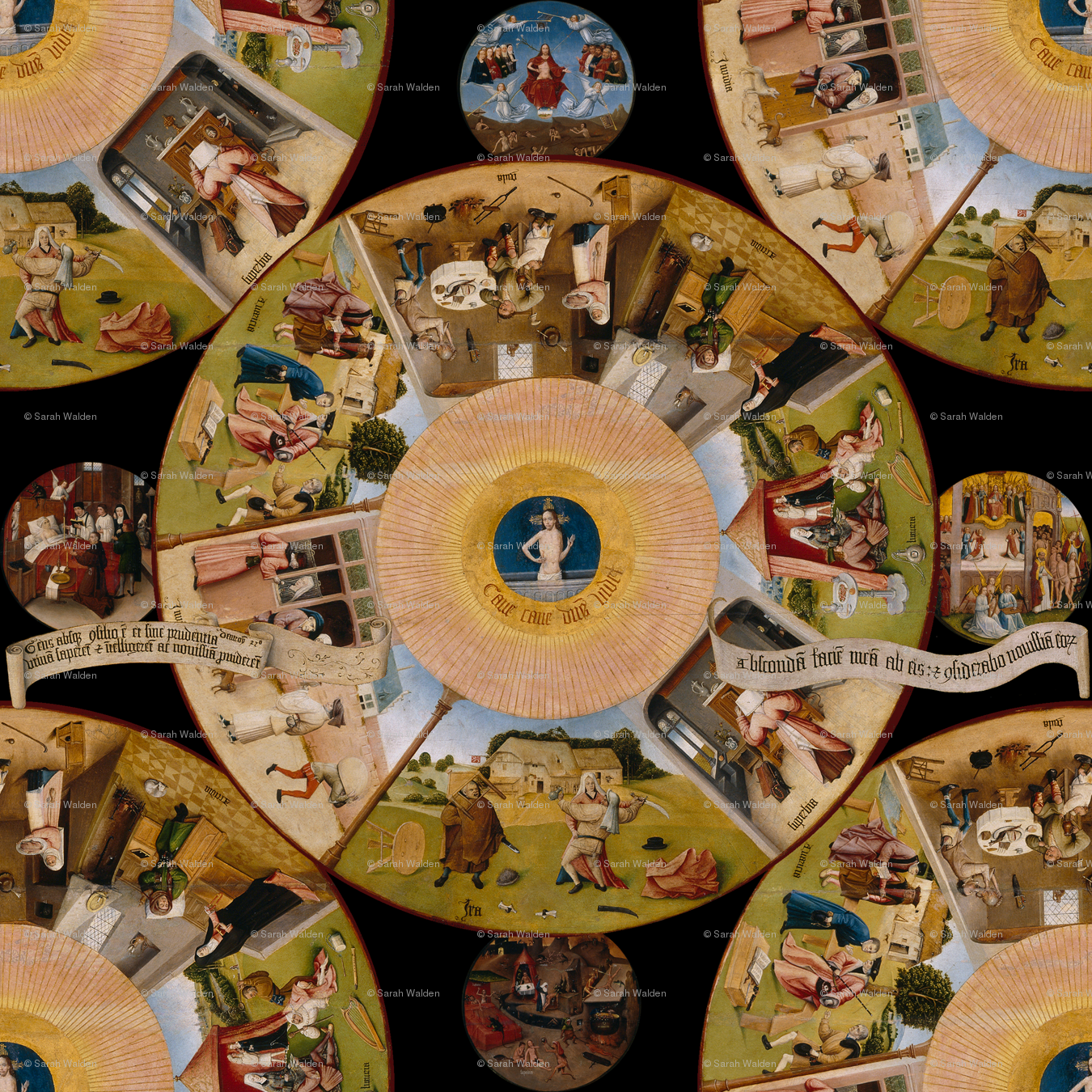

One of the biggest changes between ancient times and today is that many more of us live in highly diverse communities and we no longer share the same religious or cultural background. Most of us have adapted by developing new, usually informal, guidelines for behavior that facilitates getting along with a wide variety of people. We no longer expect everyone to conform to all of our customs and we avoid behavior likely to offend or discriminate against minorities. We consider these new guidelines/taboos to be wise, however, we do not support using the government to enforce rules that attempt to regulate the expression of ideas rather than actual harmful behavior. See the article "Why Hate Speech Laws are a Terrible Idea" for a full explanation.
Let’s consider whether our taboos of the past are still relevant and consider some proposed new rules.

These three rules serve to enforce the customs of a particular religion. The lack of convincing evidence of any gods allows us to eliminate these commandments as ethically and practically unnecessary.
Remember the sabbath day
This one also serves to enforce the customs of a particular religion. However it is good advice for mental and physical health. Also, a worker who voluntarily works on the traditional day-off without getting extra pay puts competitive pressure on the other workers, so it can be a harmful thing to do to your fellow workers.
Honor thy father and thy mother
If your parents did an adequate job of raising you, they deserve appreciation and respect. Ethically, parents who were abusive or chose to be neglectful have not earned the right to be honored.
Thou shalt not kill
Ethically, killing in self defense is acceptable. A mercy killing of a person experiencing extreme pain and/or lack of function can be acceptable if done at their request and/or consent. Many people think that killing because your ruler, religious leader or government told you to do so is ethical, we disagree.
Thou shalt not commit adultery
Ethically, extramarital sex by married people can be acceptable if they have their spouse’s permission and avoid causing harm to anyone impacted by their actions. It is also arguably acceptable when one spouse refuses to engage in any sexual activities, perhaps even when they are willing but physically unable.
Thou shalt not steal
Still sounds good today.
Thou shalt not bear false witness
Ethically, lying, with the exception of harmless flattery and the like, is best avoided as much as possible. Lying to harm another person is nearly always evil. However, lying, even in the form of perjury, can be the most ethical choice when it prevents a greater harm from occurring. An example is lying to avoid revealing the location or identities of unfairly persecuted people.
Thou shalt not covet
This is a thought crime. Avoiding covetousness is good mental health advice, but having such thoughts doesn’t harm anyone until someone acts on them.
In our humble opinion, the Ten Commandment’s list of moral prohibitions has not stood the test of time. Several of the prohibitions are based on a particular group’s superstitions and religious/cultural practices, others are too broad and/or fail to take complex situations into account.

The Seven Deadly Sins are a much better list of ethical hazards than the Ten Commandments because they list types of attitudes and desires that are likely to lead to harmful behavior when they are not consciously moderated. The Seven Deadly Sins caution us against obsession and excess and are still a useful concept.

Author/lyricist John Shirley makes a case for the importance of taboos in his book New Taboos and in his blog.
“...The power of a truly universal social taboo is much more ingrained and effective than a mere law enforced by fining. With conditioning at home and school, I see no reason why we can’t use the power of a truly universal, firm, deeply instilled taboo to save the Earth.
If it’s a real, potent taboo–not just some fine and a headshake of disapproval, CEOs whose corporations toxify water, or food, or the land, would be shunned. Caught polluting, the culprit should be literally treated as a pariah. People should react to them in horror, even gagging at the sight of them. They should be refused entry into respectable public places, should be shunned by friends and family, until they cease poisoning the environment (which is poisoning people, by extension)...”
...Taboo should be studied as valuable sociobiological phenomena, and healthy taboos should be implemented. They’re more effective than fining. They go to the heart of that social animal we call the Human Being...”
In New Taboos Shirley’s list includes the following proposed new taboos:
Toxify the environment
Lie or deceive to acquire money
Use political influence for personal gain
Hide someone else's theft fraud, corporate dishonesty, or criminal pollution in order to protect one's own part in the system.
Discriminate on the basis of race, gender, sexual orientation
Make an unreasonably large profit
Operate sweatshops, underpay workers
Permit unnecessary health risks for workers
Torture
Take a nation to war through deception, go to war when not a dire necessity.
John Vidal's Eco-Sins

Illustration by Jasper Rietman from the Guardian.
The Guardian's environment editor John Vidal offered a list of ecological sins in his article “The Seven Deadly Things We’re Doing to Trash the Planet (and human life with it).”
His list includes:
Embracing hyper-consumerism
Letting corporate power off the leash
Driving dangerously
The one nobody wants to talk about (Human population)
Losing soil
Fostering inequality
… and poverty
Finally, here is the Pundits own list of New Evils:
Wasting resources for frivolous purposes
Taking more than one’s fair share of resources
Obtaining things that are not needed
Destroying or discarding objects & resources that have value
Disposing of objects and substances carelessly
Having too many children
Failing to raise children properly
Harming living things for trivial reasons
Judging, discriminating against, or mistreating people based on superficial characteristics
Punishing people for their culture, viewpoint or opinions
![]() Back to Oranj Productions Home
Page
Back to Oranj Productions Home
Page
Contact Info
All content Copyright 1993-2017 Oranj Productions.
All Rights Reserved. Commercial use, public distribution or presentation allowed with written permission only.